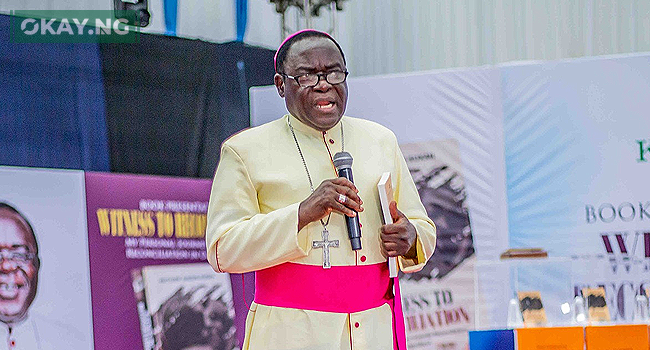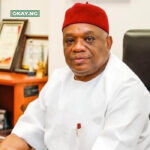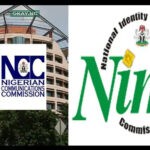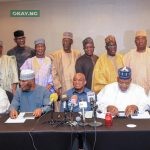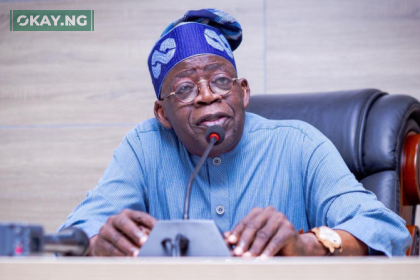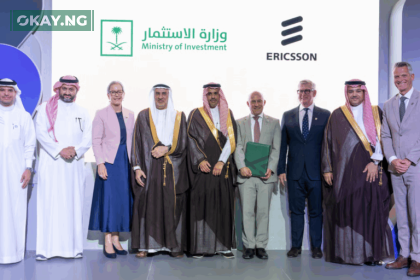The Catholic Bishop of Sokoto Diocese and founder of the Kukah Centre, Most Reverend Matthew Kukah, has expressed optimism that the Bola Tinubu administration’s controversial tax reform bills could curb financial recklessness among Nigeria’s elites.
Speaking on Channels Television’s Morning Brief on Tuesday, Bishop Kukah acknowledged the widespread criticism of the reforms but urged Nigerians to see them as a potential turning point for the country’s development.
The tax reform bills have faced significant backlash, particularly from some parts of the northern region, where critics argue they will overburden citizens.
However, Kukah highlighted the reforms as an opportunity for Nigeria to address longstanding governance and fiscal inefficiencies.
“Nigeria is a very energetic country with people that are so eminently gifted and are roaring to soar at any time. However, our problem is the inability of states to create enough gatherings to contain the energy, vision, and competing narratives of their citizens,” Kukah said.
He stressed that this lack of structure often leads to chaos and violence, underscoring the importance of reforms to channel the country’s potential effectively.
Kukah admitted he was still educating himself on the details of the bills but expressed hope that they would foster fiscal discipline.
“I’m excited about the issue of tax reform bills because, first, I know nothing about it. But I have started educating myself. Any form of reform at all must get this thoroughly dysfunctional country working again,” he said.
The cleric described Nigeria’s resource management as paradoxical, likening it to “Nigerians living by the seaside and washing their faces with saliva.”
He called for the reforms to end the “irony of Nigerians living in a country that is so richly endowed but are spectators to the rascality and irresponsibility of the elites who continue to mismanage our resources.”
Bishop Kukah concluded by expressing optimism that the reforms could mark the beginning of a new era of fiscal management and efficiency, paving the way for Nigeria’s growth and development.
“This should be the start of a long journey towards creating the kind of country we envision,” he said.


